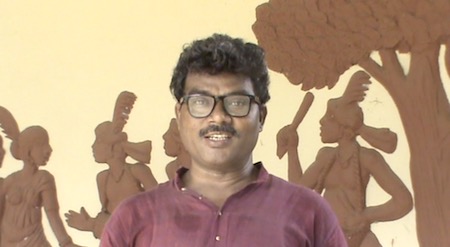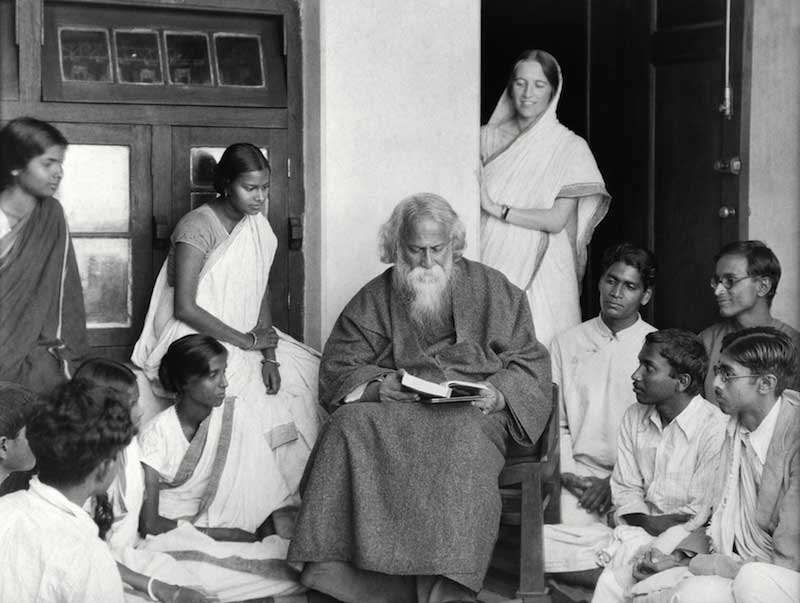
“Adivasi people have an alternative world view, which has rarely been acknowledged or recognized. Their existence was never based on accumulation or consumerism. […] All of us can learn from them. And it’s about time we started.” – Mari Marcel Thekaekara >>
“In contemporary practice, the tribal memory is greatly undermined. There is general insistence that tribal children attend schools where non-tribal children attend schools, that they use medicines manufactured for others and that they adopt common agricultural practices. All because the world has very little time to listen patiently to the tribals, with their immense knowledge and creativity.” – Ganesh Devy >>
“There is no care infrastructure in India. As a result, day care centers are too scarce to be a practical solution for working women. It is up to women to care not just for the children, but for their husbands and in-laws as well. We really have to change. When you are leaving 60 percent of the people behind, you cannot have the ambition to be an economic power.” – Poonam Muttreja (Executive Director of the Population Foundation of India, a New Delhi-based research organization); quoted in “India’s daughters”: the success story of Arti and Nasreen – women who “believe in a promise of bigger lives and will work tirelessly to make them a reality” and had to overcome many obstacles obstruction while claiming their right to education |Read the full story in The New York Times >>

Learn more
Adivasi Academy & Museum of Adivasi Voice at Tejgadh
Appropriate education for Adivasi children – the Vidyodaya School model
Childhood | Children’s books | Childrens rights: UNICEF India | Safe search
Childrens rights: UNICEF India
Convention on the Rights of the Child: The children’s version | Unicef
eBook | Background guide for education
eBook | Free resources for rural education and health care – Unicef
eBook | “Where the mind is without fear”: Tagore, Gitanjali and the Nobel Prize
Education and literacy | A View of Higher Education in India | Right to education
Forest Rights Act (FRA) | Illegal mining
Health and nutrition | Recommendations by the Expert Committee
Multi-lingual education & Central Institute of Indian Languages (CIIL)
Multilingual education is a pillar of intergenerational learning – Unesco
People’s Linguistic Survey of India | Volumes (PLSI) | PeoplesLinguisticSurvey.org
RSV School & Museum of Santal Culture (West Bengal)
Scheduled Tribes (ST) | Success story
Tribal Children’s Right to Education in India
Unesco | Unicef | Unicef India | United Nations
United Nations International Days and Weeks
Video | “Nations don’t make us human – languages make us human”: Ganesh Devy
Women | Safe search | President Droupadi Murmu on women’s empowerment